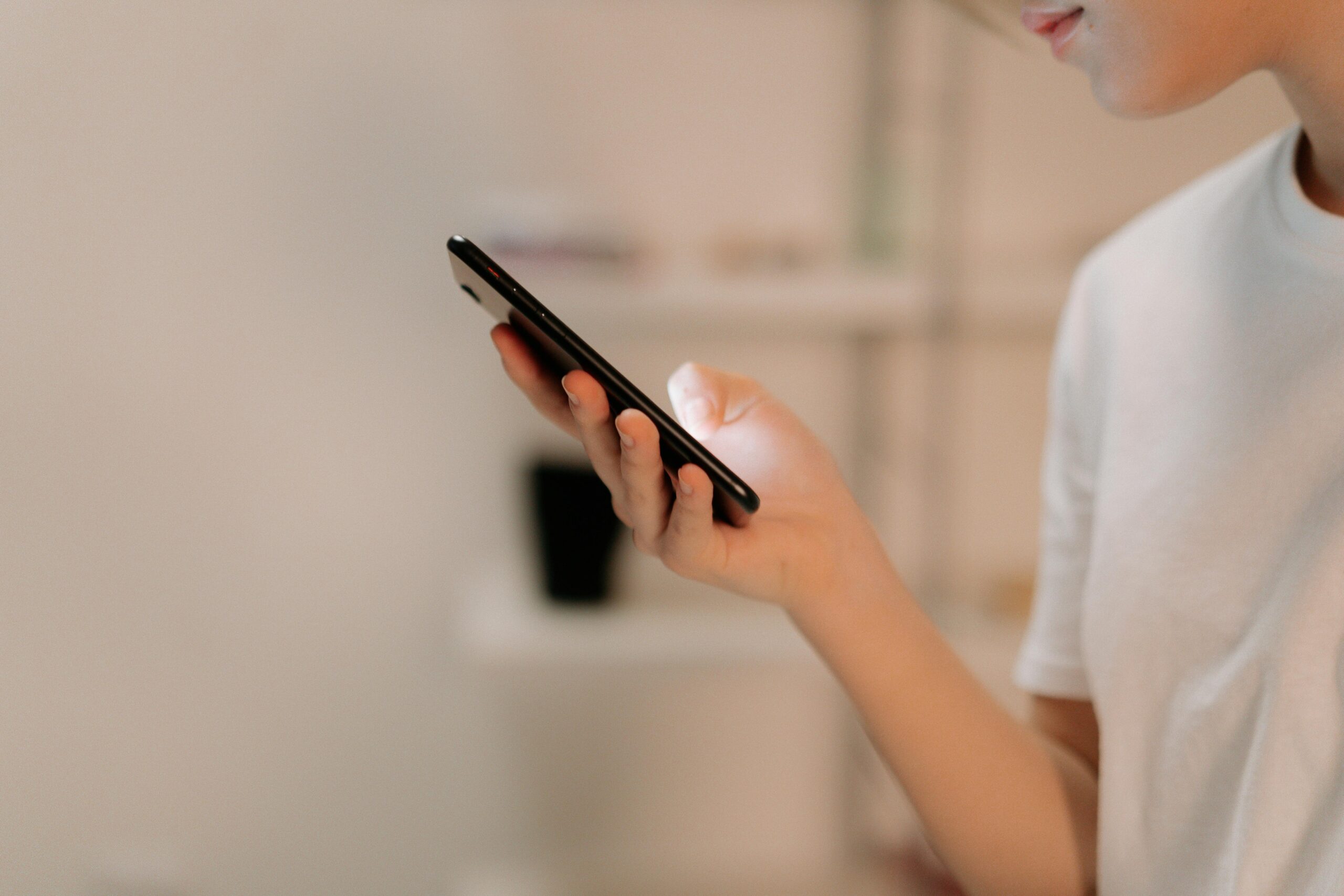
A new study from Common Sense Media reveals that 72% of U.S. teenagers have tried an AI companion at least once. The term “AI companion” refers to chatbots designed for personal conversations, rather than tools used for homework help, image creation, or simple voice assistants.
This includes digital personas from companies like Character.AI or Replika, as well as general-purpose chatbots such as ChatGPT or Claude when used for more personal, conversational purposes.
Usage Patterns and Trust Levels
The study, conducted by NORC at the University of Chicago with a sample of 1,060 teens, shows that over half of teenagers regularly use AI companions. Some chat daily, others several times a week, while a quarter of teens have never tried one, with boys slightly more likely than girls to avoid them.
Teens use AI companions for many reasons: as tools, for social interaction, entertainment, curiosity about AI, or simply because they’re always available. Despite this, half of teens do not trust the information from AI, and older teens tend to be more skeptical than younger ones. While a third find conversations with AI more satisfying than those with real friends, most teens still prefer human interaction.
A significant number of teens use AI to practice social skills, conversation starters, giving advice, or expressing emotions. However, real friendships remain dominant, with 80% saying they spend more time with real friends than with AI chatbots.
What The Author Thinks
AI companions can offer teens helpful practice in social skills and emotional expression, but they shouldn’t replace real-life human connections. The healthiest approach balances technology use with authentic, face-to-face relationships.
Featured image credit: cottonbro studio via Pexels
For more stories like it, click the +Follow button at the top of this page to follow us.
